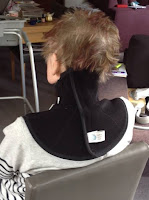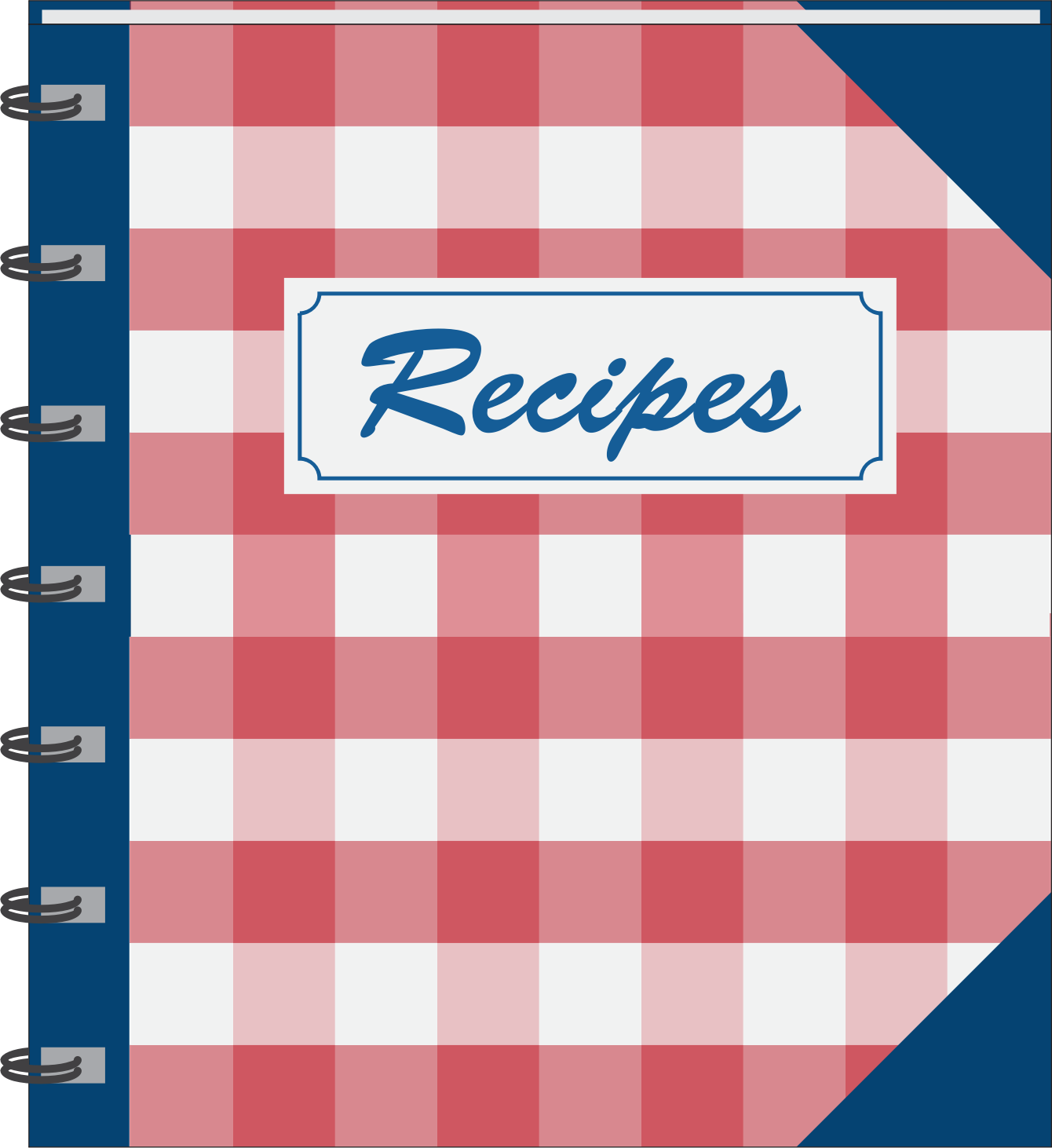Blog 7
- A Carer’s Story
Thanks Liz for letting me have a say – at last! - through the Blog. I think it’s important to say right away that we know we are lucky to have one another at this time. And we know that there are folk out there much worse off than we are. And we certainly don’t want people to think we’re special – we’re just getting on with it…
Most of the earlier blogs have been quite rightly from Liz’s point of view. But recently, we have looked around at others in the same situation, for example through the growing membership of MND Together on Facebook, (now 85!) and decided that it was the right time in the Blog to give The Carer a chance to speak. And maybe others will want to have their say too.
The intention of this issue is not, of course, to pontificate about how to be a carer or how to care. As we’ve said before, MND is a number of different diseases. And everyone is at a different stage. And of course, not everyone’s personal situation is the same. So… this is simply how Liz and I are coping with the changes that are happening and what my particular role is in all that.
I suppose when we look back at nearly 50 years together, (and after two children and three grandchildren), we’ve been lucky to live through a fairly long life of the normal thrills and spills. Lord, we sound ancient! Our relationship is a very close one –
Liz is making a face at this point, no doubt! - but our closeness, love and strong teamwork is what has seen us through many a problem in the past. And it is clearly helping us in many ways to run this particular MND obstacle race.
What does caring mean for me?
- Trying to understand, discussing, rationalising, keeping afloat and finding solutions
According to the dictionary definition, a carer is someone who cares unpaid for a friend or family member who due to illness cannot cope well without their support. A very bald statement. But I suppose that gradually, over the last three years – gradually - I have changed from just simply someone who loves someone else and cares
about her, to become someone who also cares
for her, although I don’t tend to recognise myself by the term “carer”.
I suppose the whole process began at Liz’s diagnosis with the bulbar form of MND in July 2013. In our relationship, I’ve always been keen to talk things through, but in the days and weeks following our meeting with the consultant we were faced with the biggest personal challenge we had ever met in our life together. How could we talk about this? I needed to understand how Liz felt without upsetting her. I wanted her to know that I was right beside her every step. I wanted to know how best I could help. We spent hours talking, rationalising, crying, laughing, moving from negative to positive and back again. Just trying to get a solid foothold on life for the way ahead.
And I now see that one of my main purposes in life is each and every day to help to keep my other half afloat and able to view life with some sense of positivity. I think we manage that most of the time. I know that it’s working when I get one of her withering looks or one of her comments using the “sarcastic app” on her I-pad!
Throughout the last three years, this approach has developed into a positive attitude from us both to each and every change - Yes, there is a new problem, but let’s set it to one side and look for a solution.
- Helping Liz to talk out loud and make a difference

An important part of Liz’s approach has been that she wants, as far as possible, not to be defined by MND but to define it herself. I have always encouraged her to talk out loud about the condition, raise awareness among others and feel that she is able to “make a difference”. Her very positive approach has led to the success of her
Oggblog and jump-started the now growing and inspirational membership of
MND Together on Facebook which we manage together.
- Domestic changes
To return to the very practical, one of my main duties is to support Liz’s everyday routine: getting up, washing, showering, hair-washing, dressing, liquids via the peg, meals processed and served, help with movement around the house, medication ensured, bed-time procedures, overnight assistance etc. I suppose that that is the broad structure within which everything else now has to be planned and happen. I believe all that now runs fairly smoothly, although Liz still draws the line at me helping too much with her hairstyling! I think her hiding the comb and hairbrush is a bit much though…
Because we were both always working, I was never averse to taking my share of household duties, so I know the ropes. Believe it or not, I’ve not been reluctant to iron in the past, although I confess that the duster, polish and I would still rather remain strangers. And inevitably, the cleaning, washing, hoovering etc have to be fitted in over the week, within the routine.
- Shopping and Cooking

The biggest change for me is now being virtually in sole charge of the shopping and cooking. Liz always enjoyed cooking and, apart from my few “specialities”, I’ve always left her to it.
Like most men, I am a fairly efficient supermarket shopper (Shrieks from every woman in the land!) I have a list and that’s what I buy. I don’t need to fondle packets of this, study a new shampoo or buy three of something which I don’t really need anyway. (Further shrieks!) And as for the BOGOFs!
OK, I admit that I have given in and have programmed some microwaveable meals into the menus for ease. Moussaka, lasagne, parmigiana, spinach and ricotta cannelloni all work well for Liz when processed. And I’m quite happy to build in a fish supper for me as a reward. But generally, I’ve tried to follow Liz’s great culinary example and her recipes – she’s great in the kitchen! – and cook from scratch. With a big emphasis on healthy ingredients, bags of flavour and high calorie levels. Keeping up her general health, strength and weight is paramount.
In recent months, I have made lots of soup, processed it and bagged it in single portions for the freezer in what I (pretentiously) call the “Soup Library”. This has simplified Liz’s lunch a lot and gives her a good variety of veg and vitamins.
Now that she can no longer work in the kitchen, Liz has also encouraged me to batch cook main courses for the freezer. This has been more of a learning curve but I keep telling myself that if you stick to the recipe, you can’t go too far wrong. Liz favours these recipes because they can feed us both, hers, of course, in a processed form. They include lemon chicken, spag bol, coq au vin and beef bourguignon. But our favourite recipe is the delicious Pancetta Spaghetti – I’ll post the recipe at the end. Honestly, if I can make it, anyone can make it!!
- The art of chemistry in the kitchen
Of course, I’ve had to learn the art of culinary chemistry! As I’m using the processor, the secret is whizzing the meal until it is broken down enough to be a smooth consistency. Trial and error is the name of the game. I’ve also got used to using single or double cream, crème fraiche, gravy or stock to get that final magic consistency that suits Liz’s swallowing capabilities. The “thumbs up” after her first mouthful is always a relief.
Desserts are very important for Liz to keep up the calorie intake. And just for information, I’ve found the following work for her, sometimes whizzed:
- Thick yogurt mixed with some melted chocolate
- Lemon or gooseberry fool with cream
- M and S crème caramel, rhubarb trifle, sticky toffee pudding (whizzed, then add milk)
- Lidl Tira Misu
- Home-made Eton Mess and raspberry soufflé
- Personal changes
Of course, life has changed dramatically for us both.
Despite the huge issue of Liz losing her power of speech shortly after the diagnosis, we have become used to the silence and the art of one-sided conversation. I’ve also got into the habit of providing a two-sided conversation, including her sweary bits! But, as has been said before, Liz makes excellent use of her voice apps to make her point perfectly clear. She particularly likes using her “Royal” voice app to swear like a trooper or uses a variety of rude hand gestures to indicate frustration or impatience with me! There’s no doubt our continuous, daft sense of humour is the oil that keeps the engine going every day.
Of course, our universe has inevitably become smaller. In the first months after the news, we still managed to travel abroad and had some memorable times, but in the last year, this is no longer possible. Our social life, although still lively, is also much more limited. We can no longer go for meals, invite people for meals, go the cinema, concert or theatre. But our life is now a richer one on a day to day basis. The support and back-up of family and friends which we enjoy is worth its weight in gold.
I would be lying if I even suggested that being a full-time carer was easy. It is hard. It is full-time and very tiring – I tend to fall asleep immediately my head hits the pillow at night. And it’s not unknown for me to have a quick nap of an afternoon, although that could be age, of course! But in the end, I would not want it any other way.
Looking after the person you love when they are ill is a privilege.
I have always been a “half-full” kind of person and I need to keep that philosophy to make this all work. I remain mentally strong and physically as strong as I can be. But in the end, what gives me my inner strength is the huge courage and positivity that Liz shows each and every day. Of course there are bad times and some really low moments, but Liz keeps bouncing back and with my support, always manages to deal with whatever the illness throws at her.

Although it should be the other way round, Liz’s strength of spirit gives me the power to keep going. That special smile at 4.00am when we’re re-organising the pillows. The thumbs-up when a meal has worked well for her. The way she hits me over the head when I've bundled her into the car the wrong way. The rude sign when I threaten to do a wheelie in the aisle at Asda. The sarcastic comments stored on her app. Her tireless work to spread the word about MND.
Quite simply:
She is a star and I love her.
Thanks for reading this and best wishes to all readers!
Alan
Pancetta Spaghetti recipe (for 2)
Pack of watercress
8 slices of pancetta, cut into small pieces
Punnet of baby plum tomatoes
Crème fraiche
 Parmesan cheese
Olive oil & fresh or dried thyme
Spaghetti or angel hair pasta
Parmesan cheese
Olive oil & fresh or dried thyme
Spaghetti or angel hair pasta
• Preheat oven to 220C
• Place cut pancetta in small non-stick metal oven dish and put in oven for 10 mins
• Add the tomatoes, two tbs of oil and scatter with thyme. Mix then cook for another 20 mins
• Time your spaghetti (angel hair better if problems with swallowing)
• Place watercress into a large colander over the sink and when pasta ready, pour pasta and water over the watercress. (I do this in two lots to cope with Liz’s meal first)
• Mix portion of pasta and cress a little then place back in pot
• Add one portion of the pancetta / tomato mix and add two tbs each of crème fraiche and parmesan per person
• Mix thoroughly and serve
* Delicious!
* ALL PHOTOS BY PAUL HAMPTON, COMMISIONED BY MND SCOTLAND















